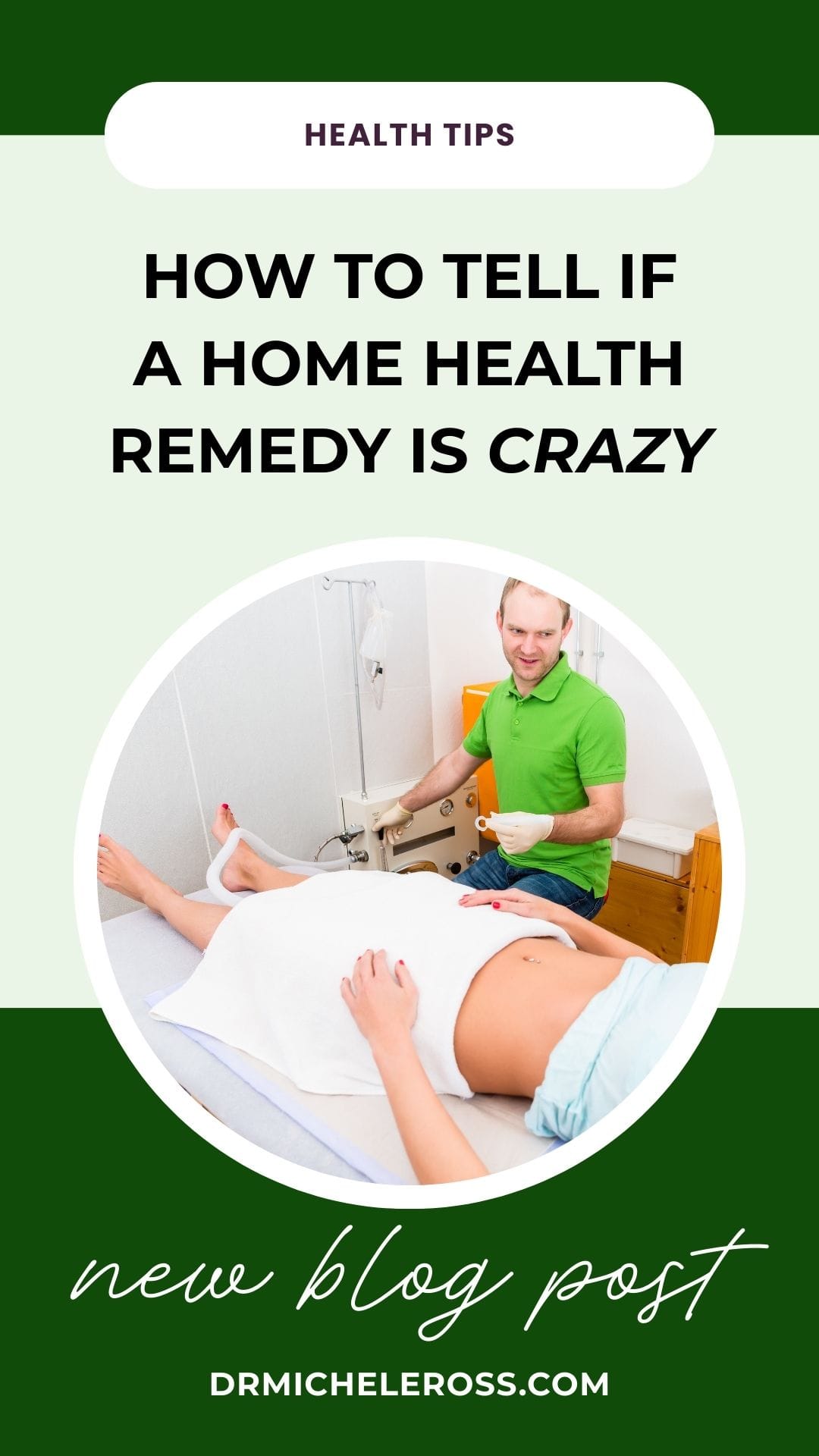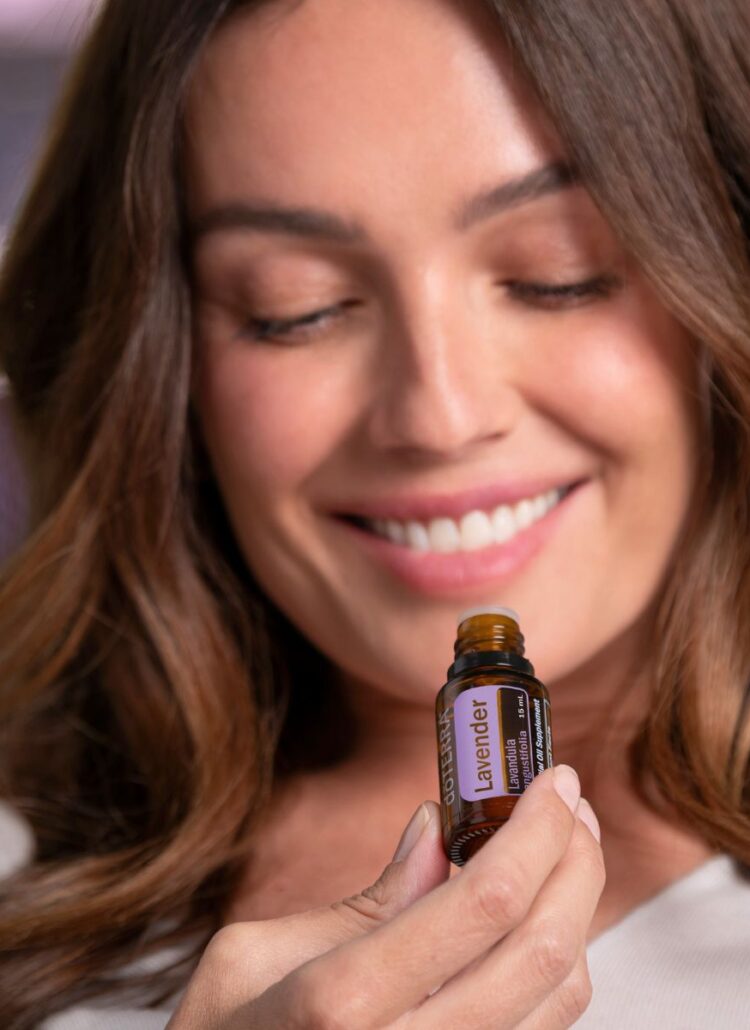
Home health remedies hold an undeniable appeal. For one thing, they at least seem like quick-fire solutions to what can be painful or disruptive health problems. For another, they save you from waiting around for a doctor’s appointment that could be weeks in the making. With the internet at our fingertips, we’re also all now more prone to seek out DIY solutions to a whole plethora of conditions.
But, with experts expressing increasing concern about the legitimacy of many so-called ‘at-home remedies’, and with some patients delaying crucial care to pursue these potentially ineffective alternatives, the time has come to ask a vital question – do home remedies ever actually work?
Unfortunately, there’s no cut-and-dry answer to this. While professional care is preferable in most circumstances, overloaded doctors aren’t entirely against certain, well-researched home remedies. But, how exactly do you know if a home remedy or a doctor’s appointment is best? Keep on reading to find out.
1. It Depends on the Condition
If you’re wondering whether to try home remedies, then it’s essential that you first consider your condition. With certain conditions, home remedies that simply delay treatment could result in a dangerous or escalating situation. For instance, while there are many supposed home remedies for infections like cystitis, including hydration and painkillers, none of these actually address the infection. This could cause a worsening problem, and even an infection that spreads elsewhere in the body. Home remedies are never advisable in these cases!
By comparison, some conditions are fully treatable at home, especially during the early stages. Say you notice the beginnings of slight discolouration on one of your toenails. Toenail fungus home remedies that include over-the-counter antifungals and generally improved toe hygiene could be effective. Equally, short-term conditions, including colds and fevers, generally don’t require more than at-home treatments that you can buy yourself.
2. Understanding the Origins of Home Remedies
The worst thing about home remedies is that they’re unregulated and typically untested. This means that, as well as being potentially ineffective, many home remedies could hold unknown risks. After all, anyone on the internet can tell you to drink a herbal concoction and hope for the best. In the meantime, your condition will only get worse.
That’s why it’s always worth taking the time to discover the origins of any home remedies you’re considering, and particularly whether they hold credentials you can trust. This is easiest to do with over-the-counter home treatments, as these will need to be FDA approved, and you can also speak directly with a pharmacist about usage instructions and when to seek help.
Equally, there have been scientific studies into some at-home remedies, including the use of turmeric as an anti-inflammatory or mint for digestive issues. That doesn’t mean these things are guaranteed to address your specific health complaint, but it does ensure they’re safe and potentially effective.
3. Using Your Common Sense
As mentioned, anyone on the internet can now publish so-called home remedies, but following this advice blindly is a bad idea, regardless of your condition. That’s because some home remedies are just downright inadvisable, and it’s essential that you use your common sense to ensure that you don’t follow dangerous health advice which could worsen, rather than treat, your health complaint.
According to experts, some of the worst home remedies have included advice such as alcohol baths or the use of cell-damaging hydrogen peroxide to treat wounds. Far from simply failing to help you get better, bad home remedies, like the suggestion of colonics or ‘ear coning’ can also have seriously negative health repercussions, especially when you’re doing them alone at home. Experts have even seen people advising the use of melted butter and toothpaste on wounds, which creates a significant infection risk!
So, if a home remedy sounds a little strange or risky, don’t do it. Namely, avoid putting untested substances on open wounds, and definitely don’t stick anything in your ears. Or, think of it this way – if you feel like your doctor would disapprove, then you’re probably better off steering very clear!
4. The Importance of Knowing When to Seek Treatment
At-home remedies undeniably have their place in the right circumstances, but it’s vital to also understand when you should seek help for even supposedly easy-to-treat problems. To go back to the example of toenail fungus, which is easy enough to treat at home in the early stages, you’ll still need to look out for signs, including severe pain, bleeding, or other signs of infection, which require professional treatment. And the same rules apply to most other conditions.
To simplify things, bear in mind that any condition that worsens after even your DIY treatment attempts would probably benefit from being looked over by a professional. It’s also worth researching your condition before trying any at-home alternatives, as legitimate advice should also include a ‘when to seek professional help’ section you’ll want to bear in mind.
5. If in Doubt, Don’t Do It
We can’t afford to take risks when it comes to our health, so our advice ultimately comes back to this: if you have any doubts about a home remedy, you probably shouldn’t do it. Perhaps you can’t find any scientific backing, or maybe you’ve spoken to a pharmacist who wouldn’t recommend it. These are all red flags that suggest a so-called easy solution might not be all it seems.
As such, you would be better off saving yourself time and just booking a doctor’s appointment to make sure you follow the right treatment plan. Your doctor may well advise you towards home remedies regardless, but that’s okay – at least you’ll know for certain what you should, and shouldn’t do!
Takeaway
Home remedies can provide effective and fast solutions to some health conditions, especially with the reassurance of a pharmacist or scientific backing. But, following home remedies blindly could also land you in health-based hot water, so always bear these considerations in mind before going ahead!
Pin This Post





